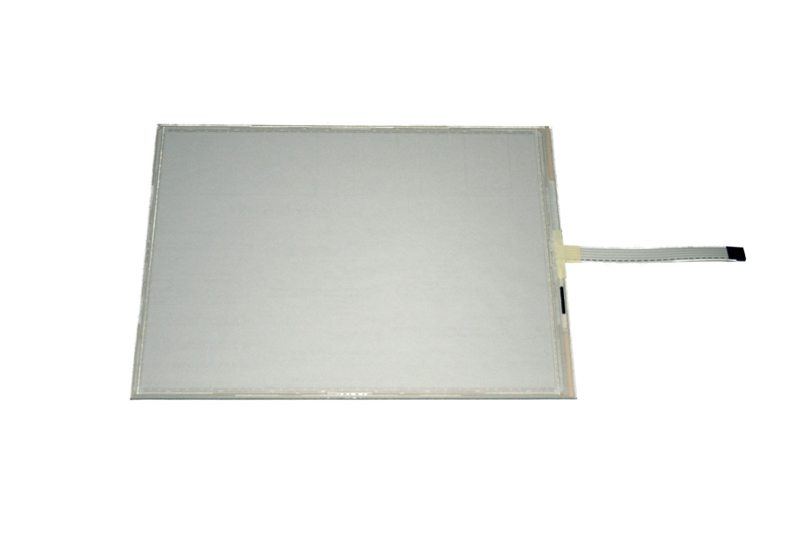4-Wire Resistive Touch Screens – A reliable solution
The existence of touch screen monitors has been around almost as long as computers themselves. But the added features made it more capable and efficient for use in different industries and for various purposes. The main gain of a touch screen is its versatility as an input device. A touch screen can replace the need for a keyboard and mouse.
Resistive touch screens work utilizing a flexible transparent conductive membrane fixed to a similarly conductive coated glass substrate both separated by tiny spacer dots. An electrical current is applied to one of the the two layers and when an operator touches the screen, the membrane layer contacts the substrate glass and a voltage is read by the opposite layer. The touch screen controller then computes the touch coordinates by way of an analogue to digital circuit. This process is done for both the X and Y planes at high speed.
4-Wire Resistive Touch Screens are very efficiency and draw a very low amount of power. It has a range of features catering to many needs. Some of the key features include:
- EMI Immunity
- Pressure activated
- Flame and spark resistant
- Good operational life
- Low power consumption
- Finger, stylus or glove operated
- Durable, abrasion and scratch resistance
- Operates with contaminants on-screen; rain, dust, dirt
- Impervious to water, many chemicals, solvents, etc.
- Good operating temperature range
- Resists spalling if substrate glass is broken
- Easy integration into embedded applications
Touch screens are a feasible alternative to a standard monitor, mouse and keyboard assembly adding better durability and cost-effectiveness as well as ease of use for the operator.
A D metro is the one-stop solution to meet all your touch screen needs.



Comments
Post a Comment